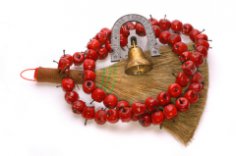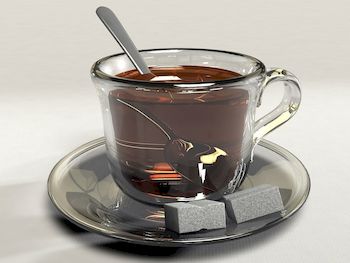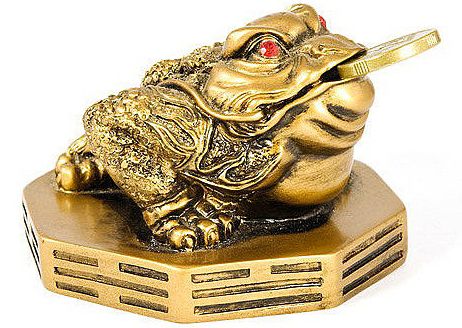
The concept of “feng shui” has long been firmly entrenched in our lives. We place talismans in our apartments and offices according to feng shui, and we hang mirrors in the traditional feng shui style. A married couple I know went to bed for a year with their heads facing different directions, or, in other words, “jacks.” The husband found it comfortable to sleep with his head on the pillow, keeping the television in view, while the wife's head faced the auspicious direction calculated based on her year of birth (Gua number). Unfortunately, these directions turned out to be completely opposite.
Can we incorporate something from a foreign culture into our lives without going to extremes? To what extent is it justifiable to adhere to feng shui principles in our climate, given our apartment layouts and sizes? To what extent does the saying “Make a fool pray to God, and he'll break his forehead” still apply to Russians?
Feng shui originated in ancient China. I picture China 3,000 years ago, and I see pagodas, red lanterns, spacious, bright spaces framed by sliding paper partitions. A warm climate, tangerine trees, and blooming wild plum trees. There's plenty of room for energy to flow. After all, feng shui is designed, among other things, to organize and harmonize the circulation of energy. That is, it's assumed that this energy does circulate, it has space to do so, but it's doing it incorrectly, in the wrong direction. But feng shui will nudge it in the right direction, and everything will be perfect.
How and where, pray tell, does the energy circulate in a small two-room apartment of 40 square meters, where five people live with their belongings, closets, strollers, and refrigerators? The energy crept in, quietly tiptoed down the hallway, turned the corner, and came to a dead end. It took a long time to turn around because it was too crowded, then turned back, and, realizing it was lost, went to bed. Sad.
Russian izbas once had their own, Russian feng shui: a red corner, icons, a lamp, a stove, a horseshoe over the door. Everything was properly arranged, in its place, serving convenience, serving people, and harmonizing energy just as well as feng shui. The principles of arranging household items from those times have been undeservedly forgotten. Who talks to the house spirit , or who among you places a broom with the broom upside down, “to bring money into the house”? Did the Chinese really know this better than our grandfathers and great-great-grandfathers?
Yes, there are other houses and layouts now where the kitchen alone is 40 square meters. There are several bathrooms, levels and floors, spacious, cool hallways with fountains, winter gardens, huge windows, fresh, clean air. And why, pray tell, do the inhabitants of such a mansion need feng shui? They're doing just fine, it seems to me. I don't think they achieved all this by sleeping with their heads to the north or calculating their Gua number.
I'll be honest: I believe that feng shui is useless for our Russian mentality, character, or whatever you want to call it. The temptation to just lie down and think you've done everything in your life to ensure a favorable outcome is too great.
No one can make us happy—not husbands, not children, not money, not feng shui. Only we ourselves, doing something every day, pushing the jade ball of our destiny in the right direction.





